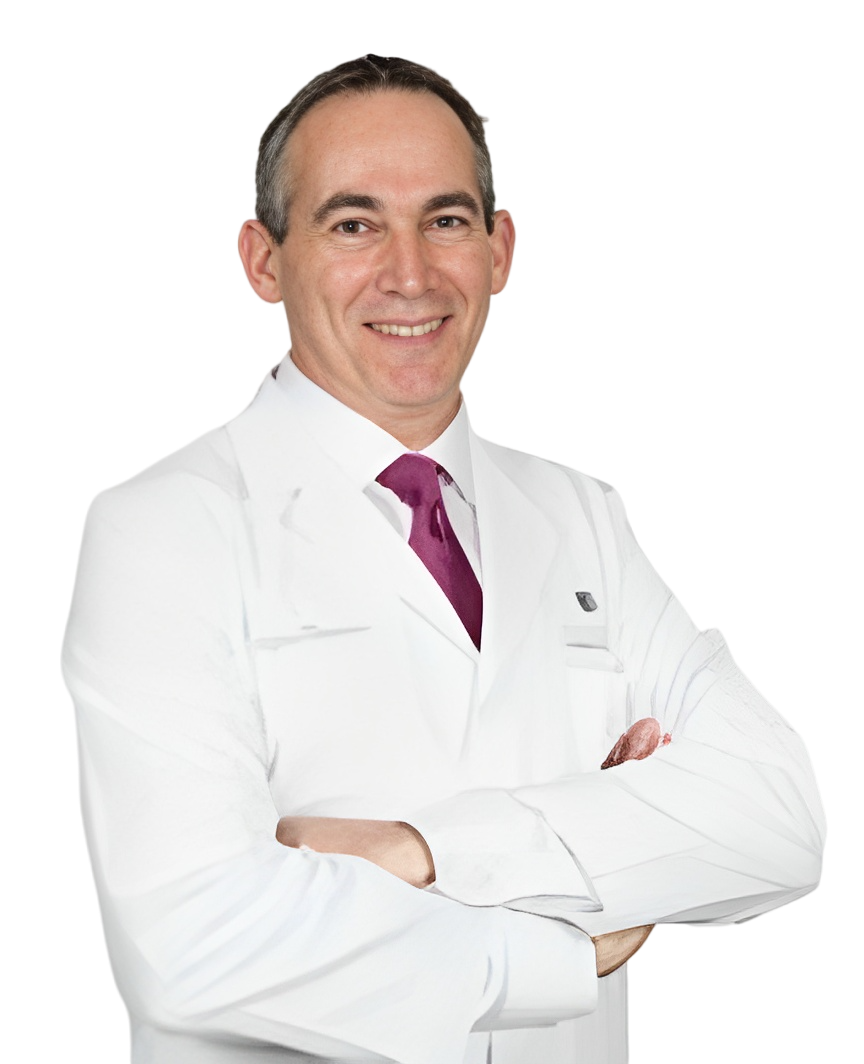- Plastic Surgery
- Liposuction
- MedSpa
- Patients Gallery
- Our Practice
- Resources
- Contact


Liposuction is a body contouring procedure that can help remove stubborn fat deposits that have been resistant to diet and exercise. This simple, minimally invasive procedure can significantly change how your clothes fit and how you feel about your body. Before you schedule liposuction in Charlotte, it’s important to understand how you can choose the right liposuction surgeon to meet your needs and improve your results.
Why Choosing the Right Surgeon for Liposuction Is Important
It’s not only important to choose the right procedure to achieve your aesthetic goals but also to choose the right surgeon for both the safety and success of the surgery. A skilled and experienced surgeon can minimize the risk and achieve optimal results.
A qualified surgeon will take into account your unique body type and health status to create a customized treatment approach that is more likely to achieve your aesthetic outcome than using a cookie-cutter, one-size-fits-all option. Liposuction does carry some potential risks, including infection and complications from anesthesia.
An experienced and board-certified plastic surgeon has the training and expertise to manage the risks and ensure the highest level of care. Your plastic surgeon’s expertise and qualifications directly impact the outcome of the procedure. To ensure the best possible results and minimize the risks, it’s important to consider several factors when choosing your liposuction surgeon.
Factors You Should Consider
Several elements impact your plastic surgeon’s ability to complete a liposuction procedure while accounting for your unique structure and underlying health conditions. The following are the most important factors you can research before you even visit the surgeon’s office.
Board-Certification
Board certification assures that your surgeon received the education and training to perform surgeries safely and effectively. It verifies the rigorous training that plastic surgeons must undergo, including medical school, residency, and specialized training.
Board certification means they’ve passed a comprehensive exam that demonstrates proficiency in plastic surgery. The education and training minimize the associated risks of surgery and require a surgeon to obtain ongoing education to stay current in surgical technique, technology, and safety protocols. The in-depth specialized training is typically linked with a proven track record of successful surgeries and adhering to medical standards.
Experience
As with any profession, substantial experience tends to refine a plastic surgeon’s skill and technique. This directly influences the results and their ability to safely perform surgeries. Experienced surgeons are more adept at anticipating and managing complications and are well-versed in providing tailored solutions to meet your individual needs.
With experience also comes better judgment and the ability to make informed decisions during challenging or unexpected situations. An experienced surgeon is also more likely to achieve more natural-looking and aesthetically pleasing results. Experience contributes to your plastic surgeon’s safety, precision, and ability to achieve the best possible outcomes while minimizing risk.
Accreditation
Many plastic surgery procedures are performed in an ambulatory care center or an office surgical facility. Wherever the surgical procedures are performed, the facility should be properly accredited. Accreditation is a formal evaluation by a national organization to ensure it meets established standards of safety, quality, and performance.
Accredited facilities adhere to strict safety protocols, comply with state and federal regulations, and employ licensed, trained, and qualified staff. Accredited centers must maintain strict sterilization practices and be equipped for emergency preparedness. These factors are essential for ensuring a safe surgical experience and providing the highest level of care.
Other Things to Look Out For During Your Consultation
Additional information can be discovered during a consultation with the plastic surgeon. For example, seek out doctors who treat you holistically. In other words, they should take into account your medical history and how the procedure not only affects the area being treated but your body as a whole. It should raise a red flag when your plastic surgeon is not being thorough during your initial consultation.
Plastic surgeons should also not oversell additional services. For example, if you receive a consultation for liposuction, but by the time you leave the office, you’re also getting a facelift and breast lift, it might be a red flag. Certain procedures complement others and, more frequently, are done together, but if you’re asking about liposuction and your plastic surgeon suggests a nose job, you might want to find a surgeon who listens better to your cosmetic concerns. Liposuction can be combined with skin tightening procedures to help improve the results.
Finally, you should feel like you are working in partnership with the surgeon. While complications are rare, you should feel comfortable that if something arises, your surgeon will take care of you and that you can trust them.
Ask yourself if the surgeon and the staff are accommodating, helpful, and friendly. Do you trust that you’re getting a full explanation of the surgery and what will happen during recovery? Do you feel as if the recommendations have been tailored to you?
Contact Our Experienced Liposuction Surgeon in Charlotte
Choosing the right liposuction surgeon in Charlotte is crucial to the success of your procedure. We encourage you to call our office today and make an appointment with our board-certified plastic surgeon, Dr. Jeffrey Ditesheim, so you can learn more about liposuction and his customized treatment plan to meet your goals.



 (704) 542-8686
(704) 542-8686